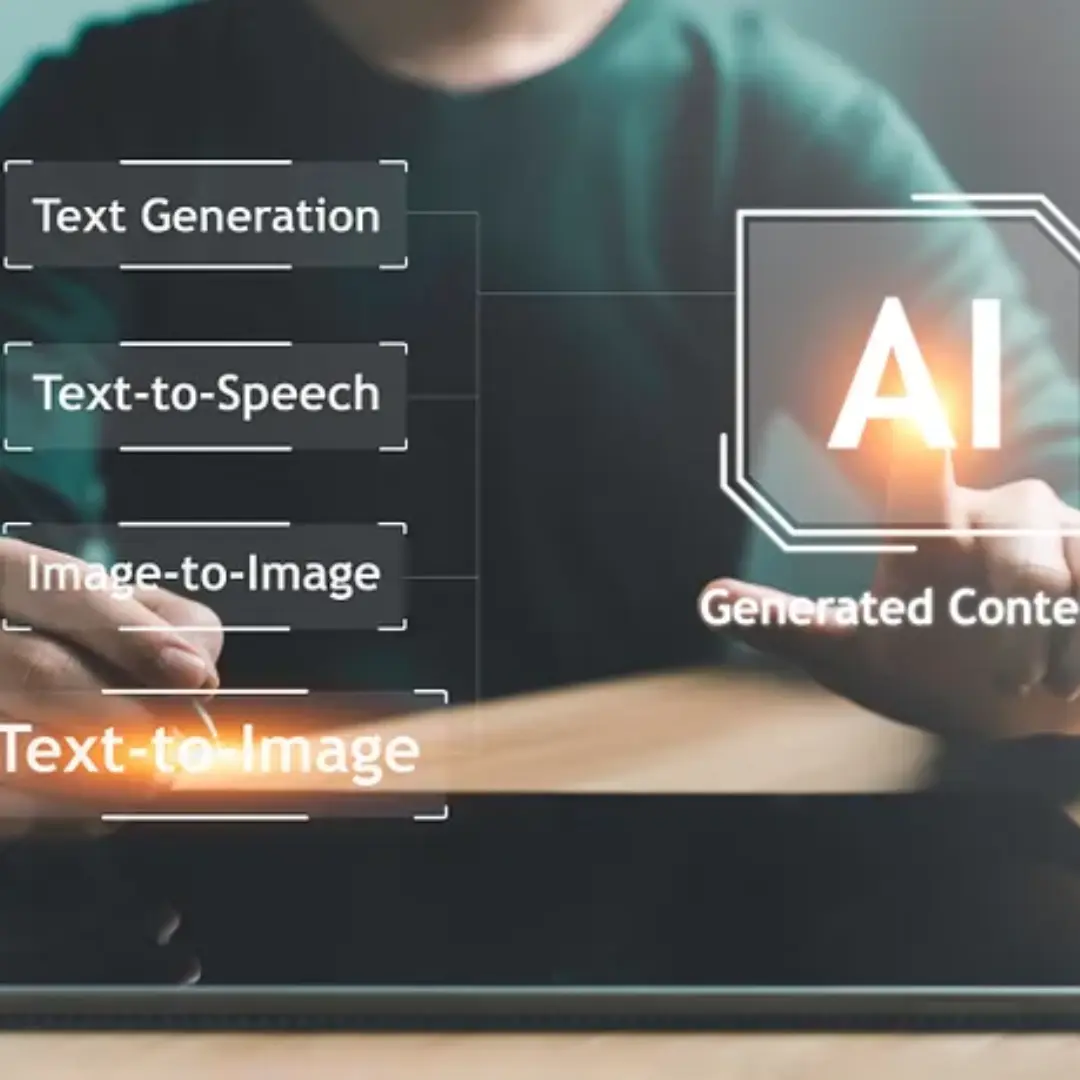TRENDS Research & Advisory has released a groundbreaking study titled “The Rise of Generative AI,” delving into the extensive applications and transformative potential of AI across various sectors. From content creation and healthcare to education and real estate, generative AI is revolutionizing industries with its innovative capabilities. However, the study also highlights significant challenges, such as bias and the crucial need for ethical advancement, which must be addressed to harness AI’s full potential responsibly.
Generative AI, which involves algorithms that can create new content, designs, and solutions, is making waves in content creation. Writers, artists, and marketers are leveraging AI tools to produce high-quality content quickly and efficiently. Whether it’s generating articles, creating visual art, or composing music, AI is enhancing creativity and productivity. However, the TRENDS study cautions against over-reliance on AI for creative processes, as it may lead to homogenization and loss of unique human touch.
In the healthcare sector, generative AI is proving to be a game-changer. AI-driven diagnostic tools can analyze medical images, predict patient outcomes, and assist in developing personalized treatment plans. The ability to process vast amounts of data swiftly enables early detection of diseases and more accurate diagnoses, potentially saving countless lives. Yet, the study warns of the dangers of bias in medical AI systems, which can result in unequal treatment and misdiagnoses if not carefully managed.
Education is another field where generative AI is making a significant impact. AI-powered educational tools provide personalized learning experiences, adapting to each student’s pace and learning style. This technology can create custom curricula, offer real-time feedback, and even tutor students in various subjects. While these advancements promise to revolutionize education, the study emphasizes the importance of ensuring that AI systems are designed to be inclusive and equitable, preventing any form of bias that could disadvantage certain groups of students.
The real estate industry is also experiencing a transformation thanks to generative AI. From property valuations and market predictions to virtual tours and smart home designs, AI is streamlining operations and enhancing customer experiences. Real estate professionals can make more informed decisions and offer tailored services to clients, boosting efficiency and satisfaction. However, the study notes the need for transparency and fairness in AI applications to avoid reinforcing existing biases in property valuations and market trends.
Despite the immense potential of generative AI, the TRENDS study underscores the urgent need for ethical considerations in its development and deployment. Bias in AI systems is a pervasive issue that can perpetuate existing inequalities and create new forms of discrimination. Therefore, it is crucial to establish robust ethical guidelines and regulatory frameworks to ensure that AI technologies are developed and used responsibly.
In conclusion, TRENDS’ study on “The Rise of Generative AI” provides a comprehensive analysis of AI’s transformative applications across various sectors while highlighting the critical challenges that must be addressed. As AI continues to evolve, it is imperative to prioritize ethical advancements to harness its full potential responsibly. By acknowledging and addressing issues such as bias, society can ensure that generative AI serves as a force for good, driving innovation and progress across industries.









